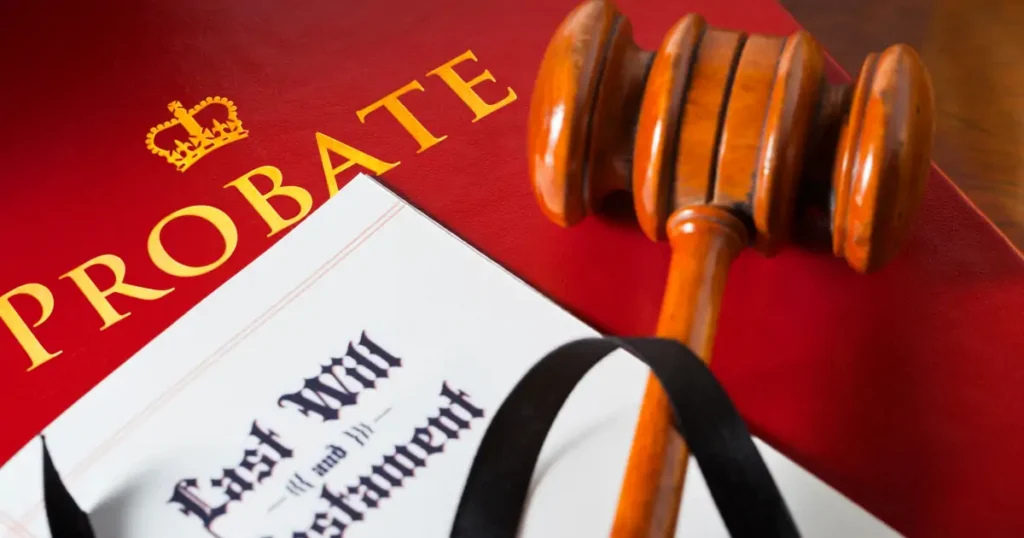Understanding the Probate Process in Texas
The probate process in Texas can be complex, but understanding its key components can help demystify it for potential clients. Probate is the legal process through which a deceased person's estate is administered and distributed. It involves validating the will, identifying and inventorying the deceased's assets, paying debts and taxes, and distributing the remaining assets to beneficiaries.
In Texas, the probate process typically begins with filing an application in the local probate court. This includes submitting the will, if one exists, and paying the required filing fees. The process can take several months or even years, depending on the complexity of the estate and whether any disputes arise. Engaging a knowledgeable attorney can streamline this process and ensure that all legal requirements are met efficiently.
Common Myths About Wills and Probate in Texas
Many misconceptions surround wills and the probate process, which can lead to confusion and misinformation. One common myth is that all estates must go through probate, but in Texas, certain small estates can qualify for simplified procedures, avoiding the lengthy probate process altogether.
Another myth is that having a will automatically means your estate will avoid probate. While a will is essential for outlining your wishes, it still requires probate to validate the document and distribute assets. Understanding these myths can help individuals make informed decisions about their estate planning and avoid common pitfalls.
Tips for Effective Estate Planning in Texas
Effective estate planning is crucial for ensuring that your assets are distributed according to your wishes after your passing. In Texas, this involves more than just creating a will; it also includes considering trusts, beneficiary designations, and powers of attorney. A well-rounded estate plan can help minimize taxes, avoid probate complications, and ensure your loved ones are taken care of.
Consulting with a qualified estate planning attorney can provide valuable insights into the various tools available for estate planning. For example, establishing a living trust can help bypass the probate process, allowing for a smoother transition of assets. Additionally, regular reviews of your estate plan can ensure it remains aligned with your current circumstances and goals.
The Role of an Estate Planning Attorney
An estate planning attorney plays a vital role in helping individuals navigate the complexities of financial law and probate issues. These professionals provide guidance on creating wills, trusts, and other legal documents necessary for effective estate planning. They also help clients understand the legal implications of their decisions and ensure compliance with Texas laws.
Moreover, an estate planning attorney can assist in addressing unique family dynamics, such as blended families or estranged relationships, ensuring that all parties are considered in the planning process. Their expertise can help clients avoid common mistakes that could lead to disputes or complications during probate, ultimately providing peace of mind regarding their estate's future.











